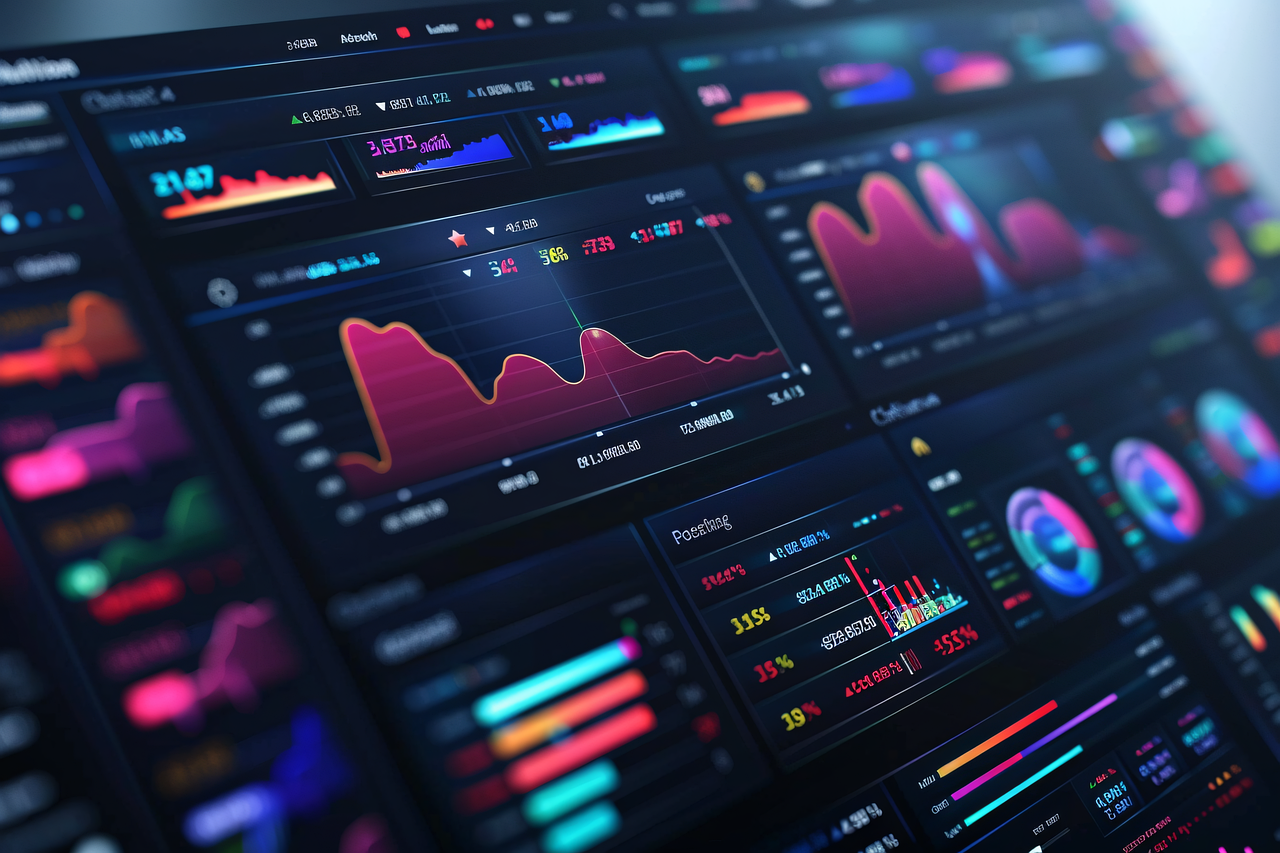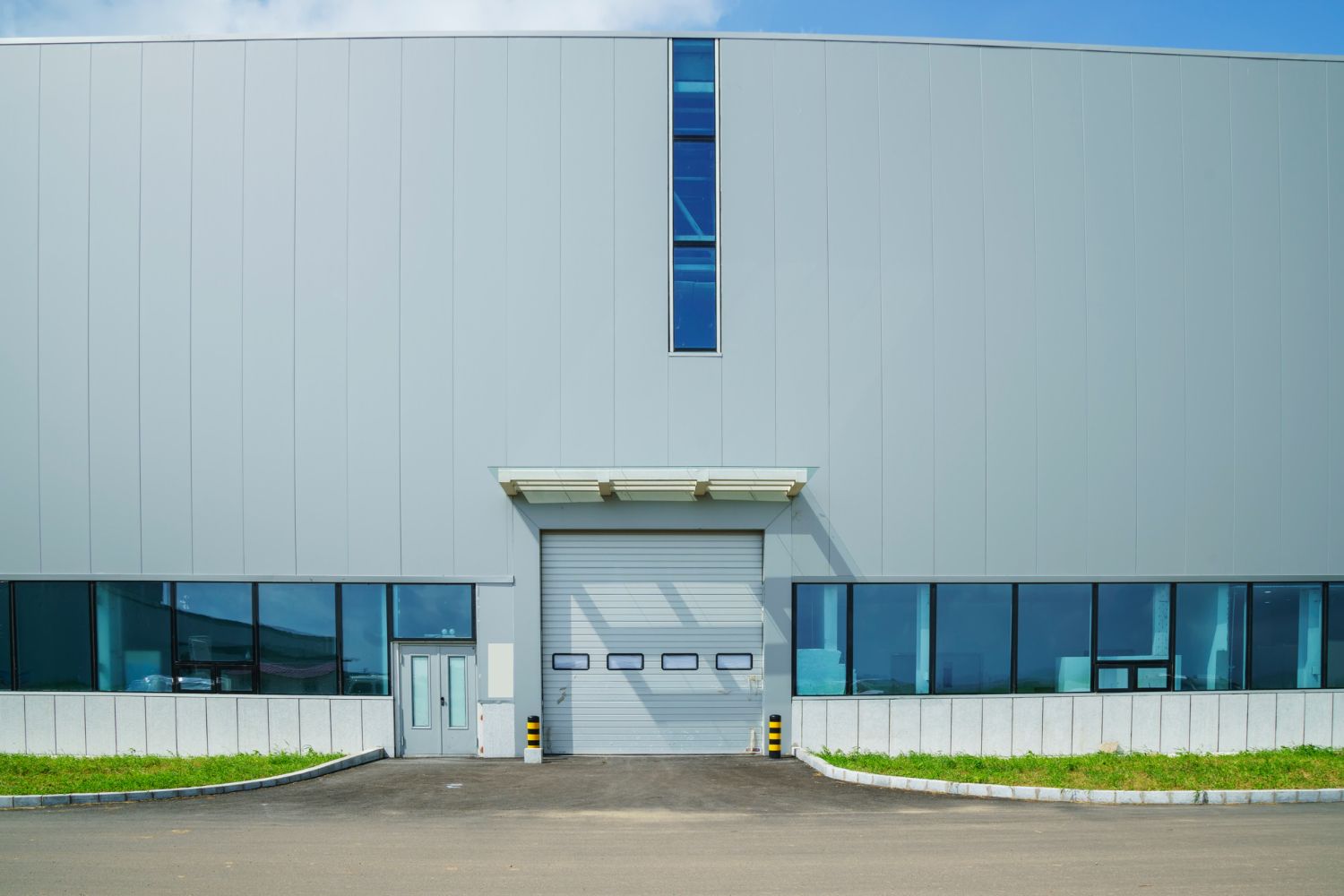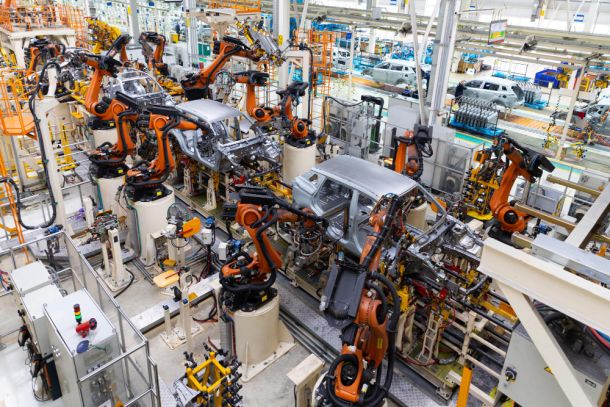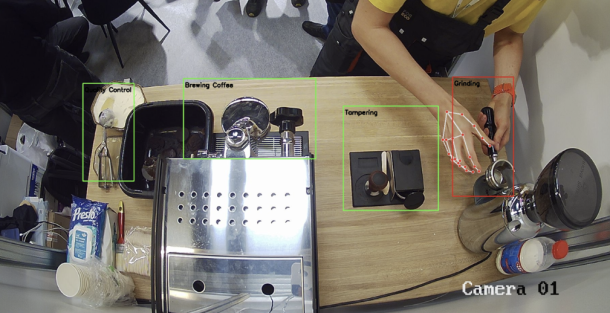AI for Industry and Society: Paving the Path Towards a Smarter Future
Artificial Intelligence (AI) has emerged as a transformative force across various sectors, reshaping both industry and society with unprecedented capabilities. As we stand on the brink of what many consider the fourth industrial revolution, powered by digital intelligence, it’s crucial to understand how AI is sculpting the future landscapes of employment, ethics, economy, and environmental stewardship.
AI in Industry: Revolutionizing Traditional Sectors
In the industrial sector, AI applications are vast and varied. Manufacturing, for instance, has seen a seismic shift with the introduction of AI-driven automation and predictive maintenance. Smart factories, equipped with AI sensors and IoT (Internet of Things), can predict machinery failures before they occur, significantly reducing downtime and maintenance costs. Such advancements not only streamline operations but also enhance worker safety by alerting to hazardous conditions.
Similarly, AI in agriculture is promoting sustainable practices by using drones and AI analytics to monitor crop health, predict yields, and optimize resource use. This high-tech approach ensures higher productivity while minimizing the environmental footprint of farming.
The finance sector benefits from AI in risk assessment, fraud detection, and customer service optimization. AI algorithms analyze large datasets to identify patterns that humans might miss, enabling banks and investors to make informed decisions swiftly, thus driving both efficiency and profitability.
AI for Society: Enhancing Quality of Life
AI’s impact extends beyond industry, reaching deep into the fabric of society by improving quality of life and accessibility. Healthcare is a prime example, where AI tools help in diagnosing diseases with accuracy surpassing human experts. AI-driven genomics and personalized medicine are making treatments more effective by tailoring them to individual genetic profiles.
In education, AI can personalize learning based on the student’s pace and style, breaking the one-size-fits-all model of traditional education systems. AI tutors provide additional support, adapting to student needs in real-time, ensuring no student is left behind.
Furthermore, AI is instrumental in crisis response and public safety— from predicting natural disasters with greater accuracy to improving response strategies during emergencies. AI systems can analyze vast amounts of data from weather systems, social media, and other sources to make timely decisions that save lives and property.
Challenges and Considerations
Despite these benefits, AI deployment brings significant challenges. The ethical implications of AI, including concerns around privacy, surveillance, and bias, are at the forefront of public discourse. There is a pressing need to develop AI governance frameworks that protect human rights and promote transparency.
Moreover, as AI technologies replace traditional jobs, society faces potential upheavals in the labor market. It’s imperative that policymakers and educational institutions adapt to this change by promoting skills that AI cannot easily replicate, such as creative and strategic thinking, empathy, and interpersonal communication.
Sustainable AI: A Path Forward
To harness AI’s full potential while mitigating its risks, a balanced approach is necessary. This involves fostering innovation and technological advancements while ensuring ethical standards, promoting human welfare, and protecting the environment.
Investment in AI literacy and education will empower more people to engage with AI positively and productively. Similarly, cross-sector partnerships are vital to developing robust AI applications that can tackle societal challenges, including climate change and inequality.
Conclusion
AI is not just a technological upgrade but a pivotal force capable of defining the contours of the future economy and society. As we navigate this complex landscape, collaborative efforts among governments, industry leaders, and the global community will be crucial in crafting a future where AI acts as a catalyst for both industrial innovation and societal well-being. Embracing AI with a balanced, informed, and ethical approach will ensure that its benefits are maximized while its challenges are managed effectively.












